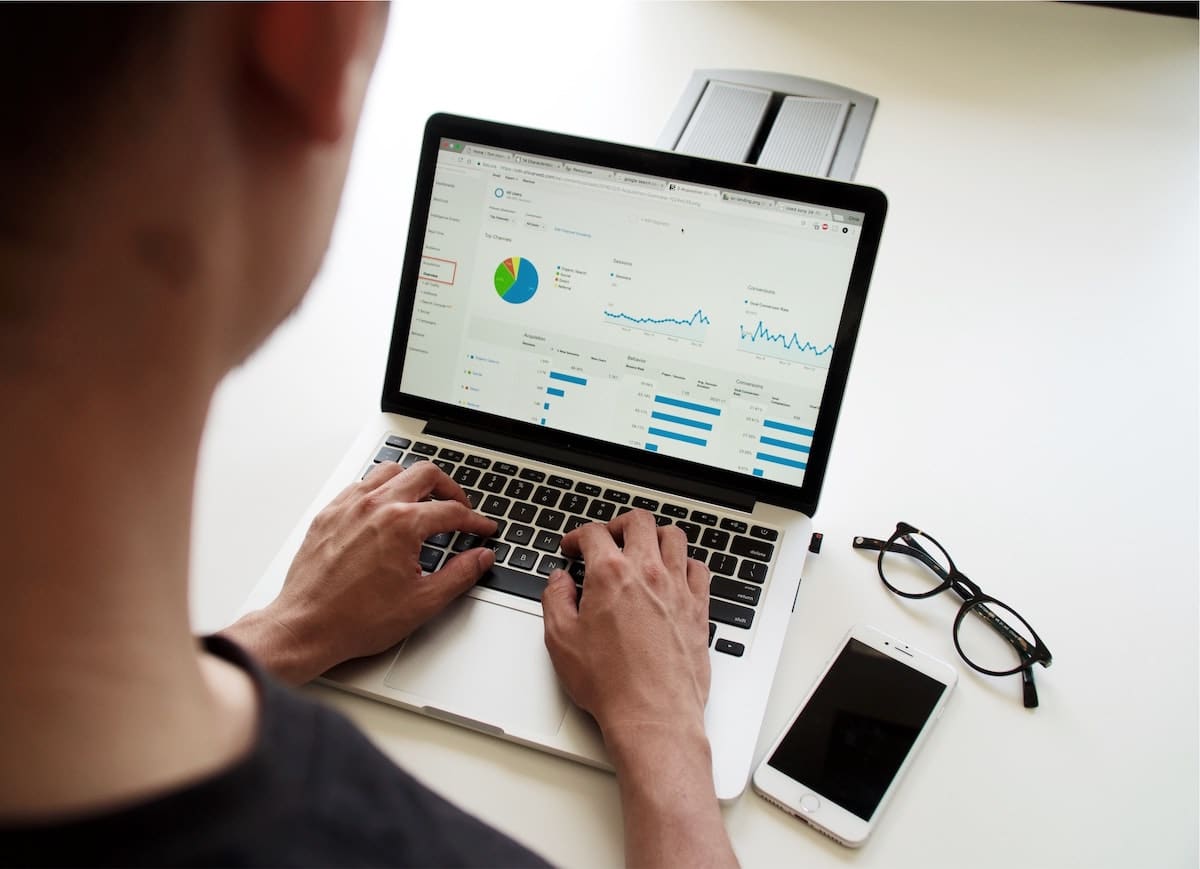The success of your ecommerce business depends on various factors – from the products you offer to the marketing strategies you use. Incorporating backlink monitoring into your strategy is one way to ensure that your online store gets off to a strong start and stays competitive over time.
But isn't backlink monitoring just a fancy way of saying "checking for broken links?" Not quite. Monitoring the quality and quantity of your website backlinks is an essential part of SEO that can help you learn more about your competitors, track your site's rankings, and increase your organic traffic.
In this post, we'll show you why monitoring backlinks for your ecommerce store is essential, how to monitor them efficiently, and tools that can help. Let's dive in!
Why is backlink monitoring necessary?
Quality backlinks pointing to your store can dramatically impact your SEO rankings, organic traffic, website reputation, and sales. But it's not enough to only monitor your backlink profile – you also need to monitor links pointing to competing sites.
Backlink monitoring is essential for staying ahead of competitors and outranking them on major search engines. By monitoring your and your competitors' backlinks, you can eliminate spammy backlinks, identify opportunities to get more links from authoritative websites and boost your SEO rankings.
Also, monitor the quality of the backlinks pointing to your website – low-quality or spammy links can harm your rankings. Monitoring backlinks is also important for ensuring that links to your website are still live and not broken – otherwise, users won't be able to access the content they're looking for.
Finally, check the anchor text of all your backlinks for any unnatural or weird patterns that could be a sign of paid link building and negative SEO. This way, you can identify any suspicious activity and take action to protect your website's rankings.
Regularly monitoring the effectiveness of your link-building efforts helps you eliminate bad backlinks, create a healthy search engine presence and stay ahead of competing stores.
5 tips for monitoring backlinks to your ecommerce store
Monitoring backlinks for your ecommerce store can seem like an overwhelming task. But with the right strategy, you can monitor your web pages and keep track of any changes to your website's link profile. Read on for five tips to help you monitor backlinks, gain more link juice, and ensure your store stays competitive.
1. Select the right SEO tool for monitoring your website backlinks
Now that you understand why monitoring backlinks is critical for your ecommerce store, consider these five SEO tools that can help you track them more efficiently.
Select the search engine optimization tool(s) that best fits your needs so you can manage all your backlink data in one place!
Ahrefs: This powerful SEO tool offers an extensive suite of monitoring features, including backlink tracking and analysis, keyword tracking and research, content analysis, and more.
Moz: Moz offers a wide range of SEO tools to monitor backlinks, including link analysis, competitive research, rank tracking, and more.
Google Search Console (formerly called Google webmaster tools): This free tool from Google allows you to monitor your website's performance in search engine results pages (SERPs). You can also monitor your backlinks and view any manual penalties you may have received.
Semrush: This comprehensive SEO tool helps you monitor incoming links, analyze competitors' link profiles, monitor keyword rankings, and more.
Screaming Frog: This desktop-based tool crawls websites and helps monitor and analyze broken links, redirects, backlinks, page titles, alt text, meta descriptions, and more.
2. Create an organized spreadsheet to track all your new or lost links
Once you have selected the right backlink tool, create an organized spreadsheet to monitor your backlinks. Include the link URL, anchor text, target page, referring domain name, and other relevant information. This document will help you monitor changes over time and easily spot opportunities to get more quality links.
3. Set up backlink notifications on your backlink monitoring tool
Most SEO tools offer the ability to set up email alerts so you can monitor changes in your link profile and monitor any suspicious activity. Backlink notifications also help you keep your spreadsheet up to date, quickly take action should anything go wrong, and stay informed when things are going well.
For example, Ahrefs has a Backlinks Alert feature that lets you get email alerts for new and lost backlinks. With this functionality, you can also monitor your competitors' backlinks, identify which websites are linking to them and try to acquire links from those websites.
4. Analyze the quality of each backlink
Not all backlinks and referral traffic are great for your site. Check the quality of your backlinks to ensure they originate from reliable and authoritative websites, which will help boost your domain score and SEO rankings.
Consider factors like domain authority, page relevance, content quality, and linking page speed. If you notice any links to sites that appear suspicious or of low quality, take immediate action and use Google Search Console's disavow tool to protect your rankings.
5. Scan your website regularly
Scan your website regularly to monitor broken links, redirects, and other issues that could harm your SEO rankings. If you use Ahrefs or Screaming Frog, for instance, they both have broken link checkers for monitoring changes to your website's backlinks so you can take proactive action.
Use link building as a business growth strategy
Monitoring backlinks to your ecommerce store is essential to SEO and marketing performance management. When done regularly, it can help you identify new opportunities, monitor your rankings and link quality, monitor competitors' activity, and protect your website from any suspicious activity.
Want to learn more about ecommerce link building and how to use it to grow your store? Read Emotive's piece: Link Building for Ecommerce: 9 Proven Strategies For Getting More Backlinks.







